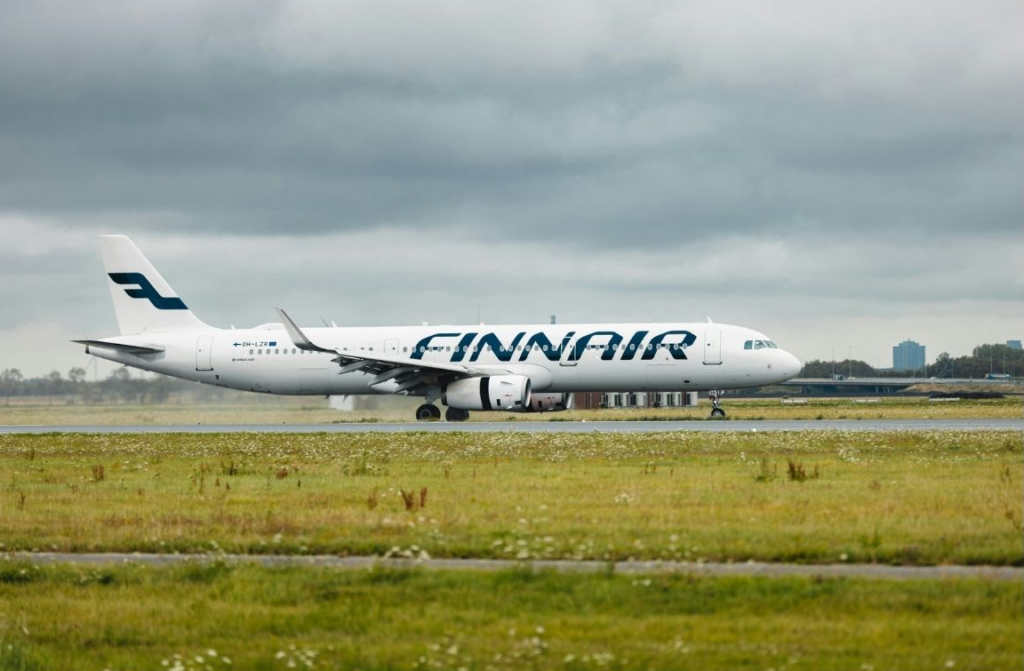Introduction
Air travel has revolutionized the way we connect with the world, making distant destinations accessible within hours. However, while the convenience of flying is undeniable, it’s important to be aware of the potential health impacts associated with air travel. In this blog, we’ll explore the various ways air travel can affect your health and provide tips on how to mitigate these effects.
Internal link: https://visa.javanet247.com/
The Hidden Health Risks of Air Travel
1. Dehydration
One of the most common issues faced by air travelers is dehydration. The low humidity levels in airplane cabins, often below 20%, can lead to significant fluid loss1. This can cause dry skin, throat, and eyes, as well as fatigue and headaches.
Tip: To stay hydrated, drink plenty of water before and during your flight. Avoid alcohol and caffeine, as they can further dehydrate you. Consider using a hydrating facial mist and moisturizing lotion to keep your skin comfortable.
2. Deep Vein Thrombosis (DVT)
Sitting for extended periods during long flights can increase the risk of deep vein thrombosis (DVT), a condition where blood clots form in the deep veins of the legs2. These clots can be dangerous if they travel to the lungs, causing a pulmonary embolism.
Tip: To reduce the risk of DVT, take regular breaks to walk around the cabin, perform leg exercises while seated, and wear compression stockings. Staying hydrated also helps maintain healthy blood circulation.
3. Jet Lag
Crossing multiple time zones can disrupt your body’s internal clock, leading to jet lag. Symptoms include fatigue, insomnia, irritability, and digestive issues3. Jet lag can affect your overall well-being and make it difficult to enjoy your trip.
Tip: Gradually adjust your sleep schedule a few days before your trip to match your destination’s time zone. During the flight, try to sleep and eat according to the new time zone. Exposure to natural light upon arrival can also help reset your internal clock.
4. Exposure to Germs
Airplanes are confined spaces with limited ventilation, making it easier for germs to spread. This can increase the risk of catching colds, flu, or other infections4. The recirculated air in the cabin, although filtered, can still carry bacteria and viruses.
Tip: Practice good hygiene by washing your hands frequently and using hand sanitizer. Avoid touching your face, and consider wearing a mask if you’re concerned about airborne illnesses. Wipe down tray tables, armrests, and seatbelt buckles with disinfectant wipes.
5. Ear Pain and Pressure
Changes in cabin pressure during takeoff and landing can cause ear pain and discomfort. This is due to the rapid changes in altitude, which affect the pressure in your middle ear5. Some people may experience temporary hearing loss or a feeling of fullness in the ears.
Tip: To alleviate ear pressure, chew gum, swallow, or yawn during takeoff and landing. Using earplugs designed for air travel can also help regulate pressure changes. If you have a cold or sinus infection, consider taking a decongestant before your flight.
Mental Health Considerations
6. Anxiety and Stress
The process of air travel, from navigating busy airports to dealing with flight delays, can be stressful and anxiety-inducing for many people6. Fear of flying, also known as aviophobia, can further exacerbate these feelings.
Tip: Plan ahead to reduce stress. Arrive at the airport early, have all your documents organized, and practice relaxation techniques such as deep breathing or meditation. If you have severe anxiety, consider speaking with a healthcare professional about coping strategies or medication.
7. Cognitive and Mood Changes
Long flights and disrupted sleep patterns can lead to cognitive decline and mood changes. Studies have shown that frequent flyers may experience memory problems, difficulty concentrating, and mood swings.
Tip: Ensure you get adequate rest before your flight and try to sleep during the journey. Engage in activities that stimulate your mind, such as reading or puzzles, and take breaks to move around and stretch.
External link: https://justicenow.pamshion.net/richest-female-celebrities-2023.html
Conclusion
While air travel is an incredible way to explore the world, it’s essential to be mindful of its potential health impacts. By taking proactive steps to stay hydrated, move regularly, and manage stress, you can minimize the negative effects of flying and enjoy a healthier travel experience. Safe travels!


